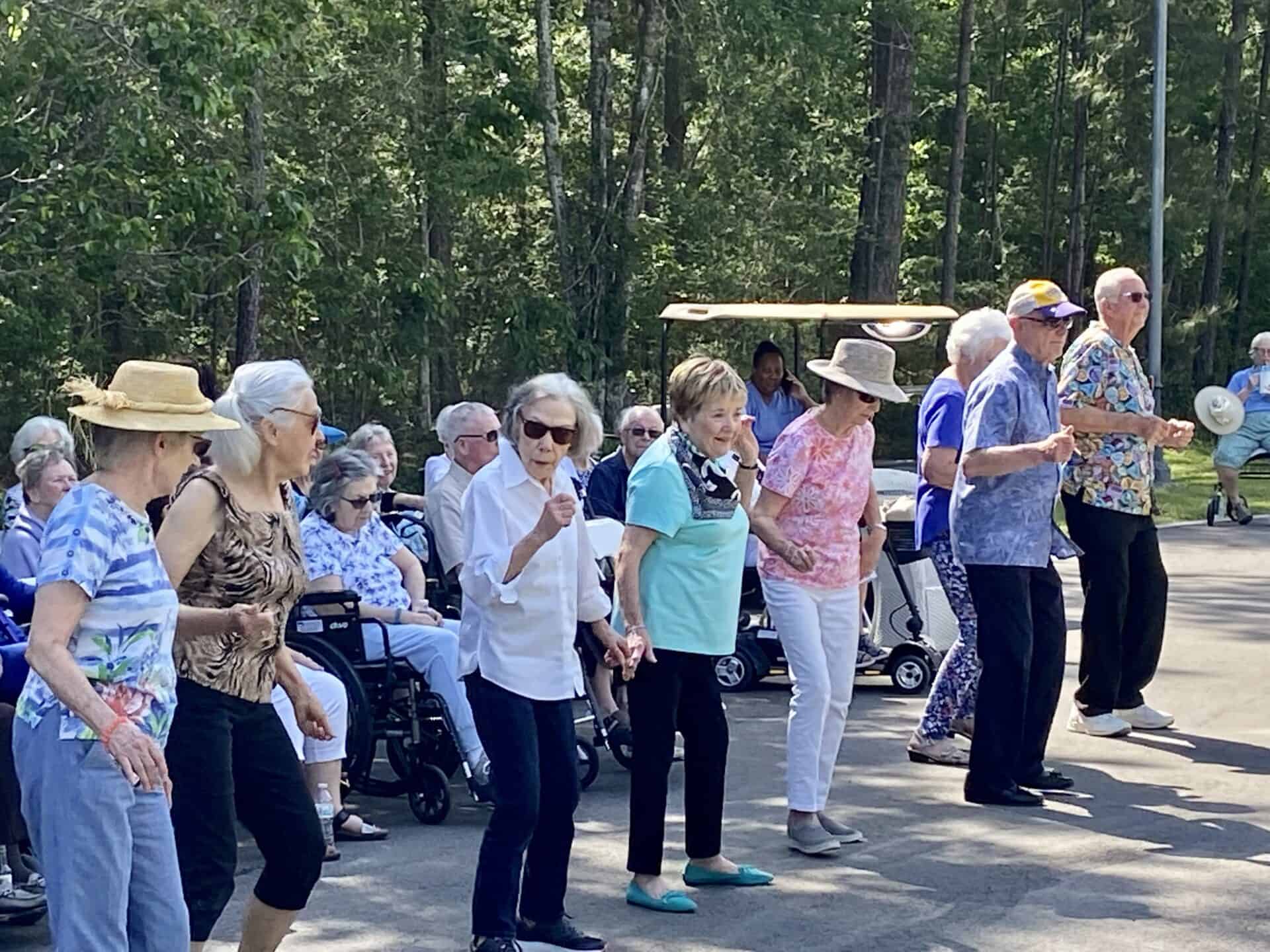Have you ever noticed how much a heartfelt laugh with a friend can make you feel better?
Over the last couple of decades, many studies have shown that our emotions, both positive and negative, can affect our physical and mental health. But less is known about the role that living conditions, demographics and social interactions play in our health and well-being.
That’s changing, though, now that social determinants of health have become a greater area of focus. In one particular area of study, researchers are learning more about the links between social isolation, loneliness and poorer health — especially among older adults.
What Makes Seniors More Susceptible to Social Isolation?
Here in the U.S., older adults are far more likely to live alone as compared with those in other parts of the world. A study by the Pew Research Center revealed that while nearly 40% of people age 60 or older worldwide live in households with extended family members, just 6% of U.S. adults in that age category do.
The same study found that 47% of older adults live in a home with just their spouse, and 27% live alone. Think about that for a moment: More than a quarter of all adults age 60 or older in this country live alone.
Those without a strong social network are much more likely to be (or become) socially isolated. Other factors also increase the potential for social isolation, such as:
- Diminished physical mobility
- Lack of transportation
- Vision and hearing loss
- Reluctance to make changes
Social Isolation in Elderly Adults Who Don’t Live Alone
As people of all ages can confirm, it’s entirely possible to live with and be around others yet still be socially isolated. Anything from a physical disability to apathy and low self-esteem can serve as an obstacle to engaging with others.
For instance, seniors who can’t hear well may have feelings of social isolation (and loneliness) when they’re unable to follow the conversations around them. This can cause them to withdraw from activities they’ve enjoyed for many years, and even from family gatherings.
It’s not unusual for seniors to feel as though they’re a burden to friends and family members. As a result, they may keep to themselves and only reach out when it’s absolutely necessary.
A ‘Fertilizer’ for Other Diseases
Stephen Cole, Ph.D., director of the Social Genomics Core Laboratory at the University of California, Los Angeles, has conducted NIA-funded research to better understand how loneliness affects how the mind and body function.
“Loneliness acts as a fertilizer for other diseases,” Cole said. “The biology of loneliness can accelerate the buildup of plaque in arteries, help cancer cells grow and spread, and promote inflammation in the brain leading to Alzheimer’s disease. Loneliness promotes several different types of wear and tear on the body.”
Fortunately, the lifestyle at Christwood promotes proven ways to address loneliness and social isolation, so please read on!
Community and Caring Are a Way of Life at Christwood
While any group of individuals with a common denominator can refer to itself as a community, at Christwood we put our sense of community into action. We do more than talk the talk. We walk the walk, every step of the way.
Like many retirement communities in Louisiana, Christwood offers a rich array of activities for seniors, such as:
- Group outings to cultural events and local venues
- Resident-led clubs that encourage participation and inspire new interests
- Volunteer opportunities that can foster a renewed sense of purpose
- Enriching classes that nurture the brain and may generate new skills
- Social events for entertainment and homespun fun
Our Capstone: The Community Center at Christwood
One aspect that sets us apart from any other senior living community in the North Shore region is our Community Center. Our intent from the very start was to create a place where older adults could gather and connect with friends, family and peers. Where seniors could enhance their fitness and well-being, feed their love of learning, join others for a meal or refreshments, share their interests and feel comfortable in a familiar environment.
And we don’t limit our Community Center to those who choose to live at Christwood. In fact, seniors who don’t live at Christwood may need the Community Center even more.
Here’s why:
Residents at Christwood have opportunities every day to interact with their neighbors and staff members. As a result, they develop meaningful relationships. They see friends in the hallways and have meals together in the dining room. They live where dozens of people know and care about them, where they feel (and are) loved.
Simply by living here, they’re already part of a community that safeguards them from social isolation and loneliness.
We encourage adults in the Covington area and beyond who are 55 or older to become members of the Community Center. That way, they, too, can reap the many benefits of being part of our community.
Ready to See for Yourself?
Would you like to learn more about how senior living can help prevent social isolation and loneliness from taking a toll on your health—or that of a loved one? If so, we invite you to contact us and set up a time for a tour.
Other than living here yourself, visiting our community is the best way to see how residents at Christwood are living life to the fullest!

